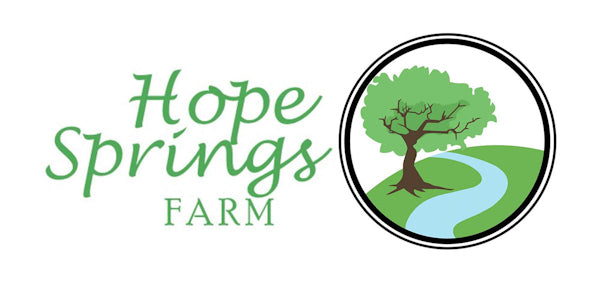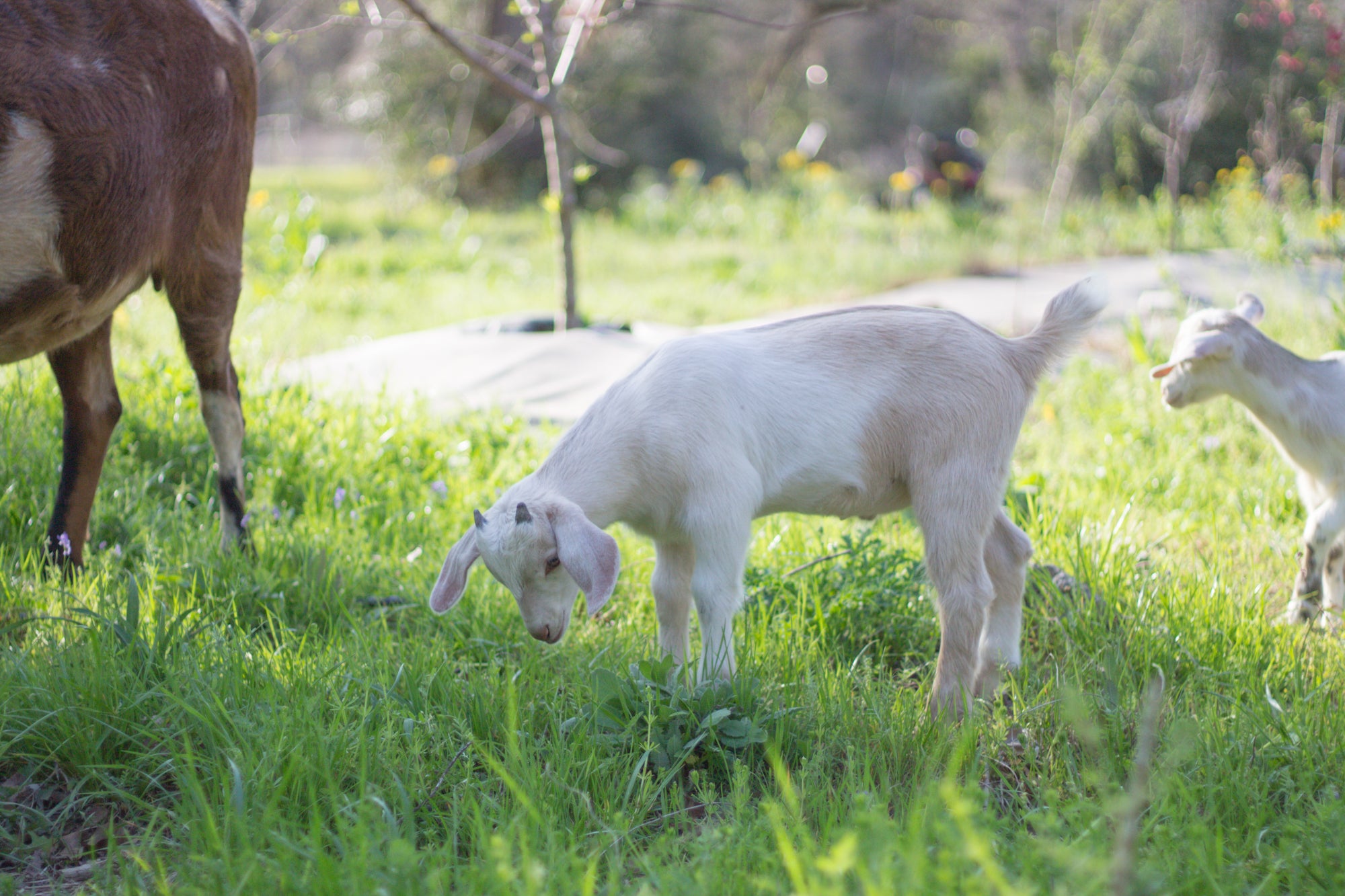
Our Sustainability Methods
We are building a natural farm ecosystem to sustain generations to come.
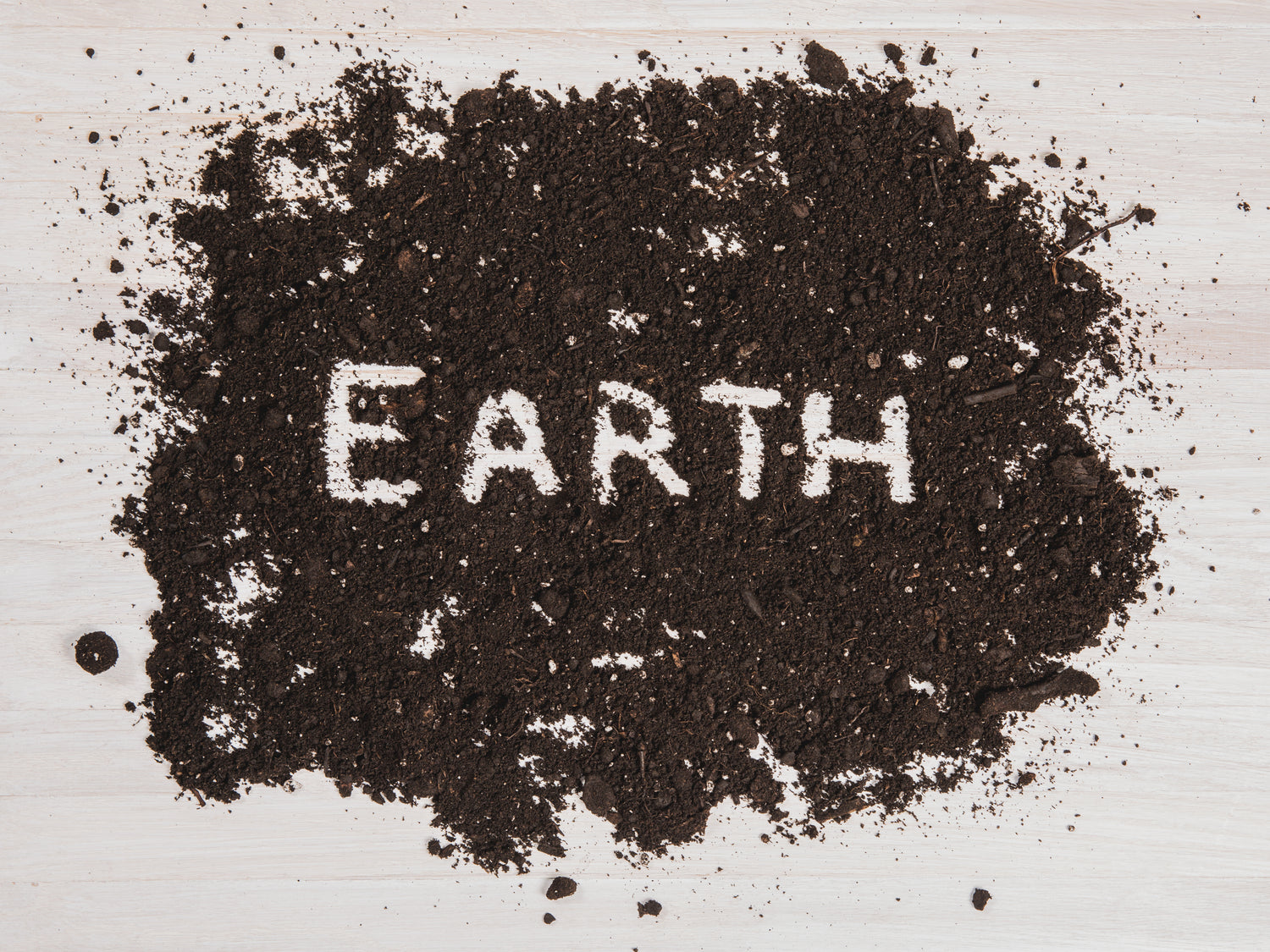
Building Soil
One of our primary objectives, which informs many of our farming practices, is to develop rich, verdant soils on our farm. Our base soil's profile is sandy loam. This soil profile drains well and is highly mineralized. We amend the soil in our gardens using compost, mulch and vermicompost from our operations.
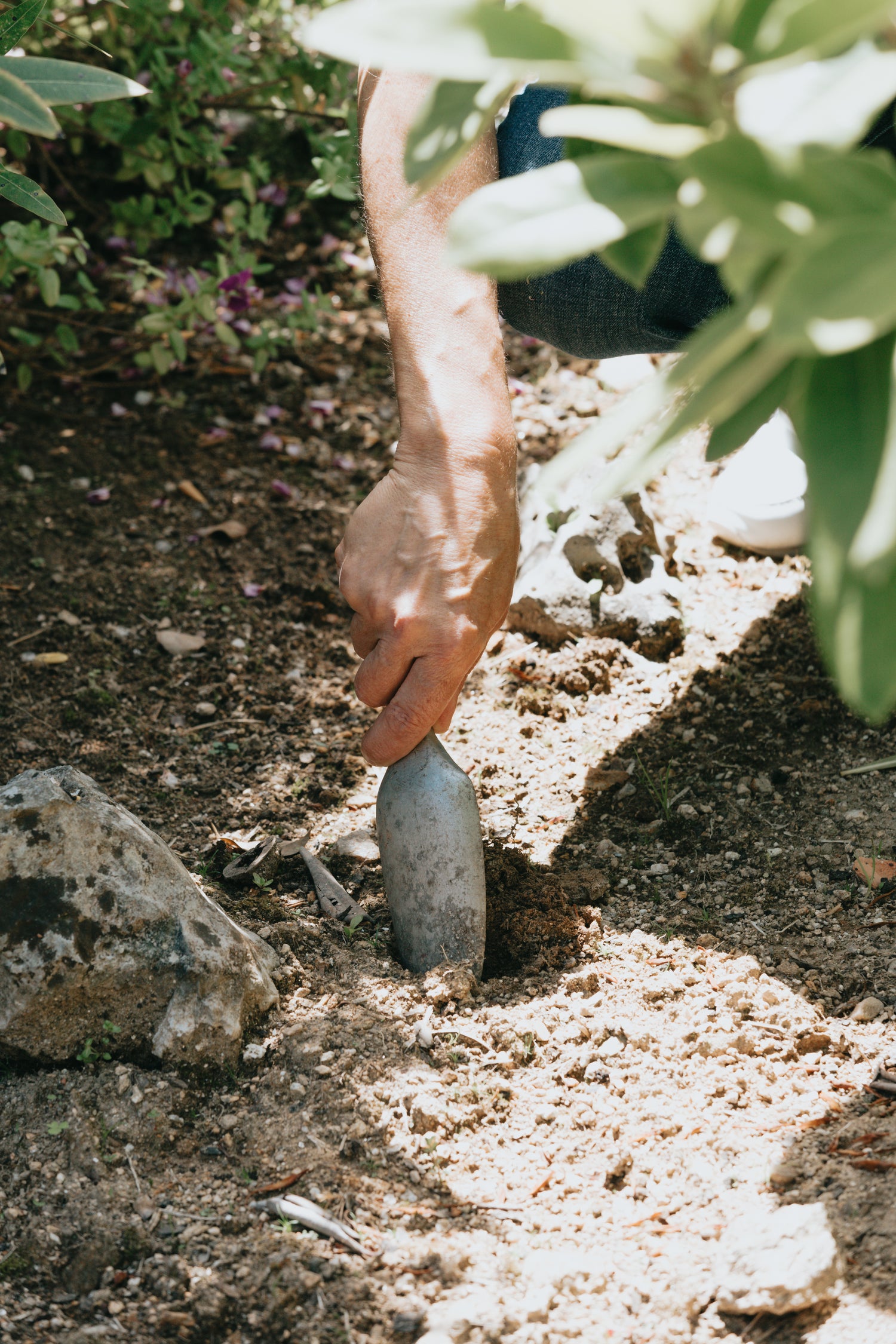
Vermiculture - Vermicomposting
Eww! Worms. These little critters are natures fertilizer. We grow our plants in soil made naturally. We grow and use composting worms (Eisenia fetida) to break down food waste, and green and brown compost.
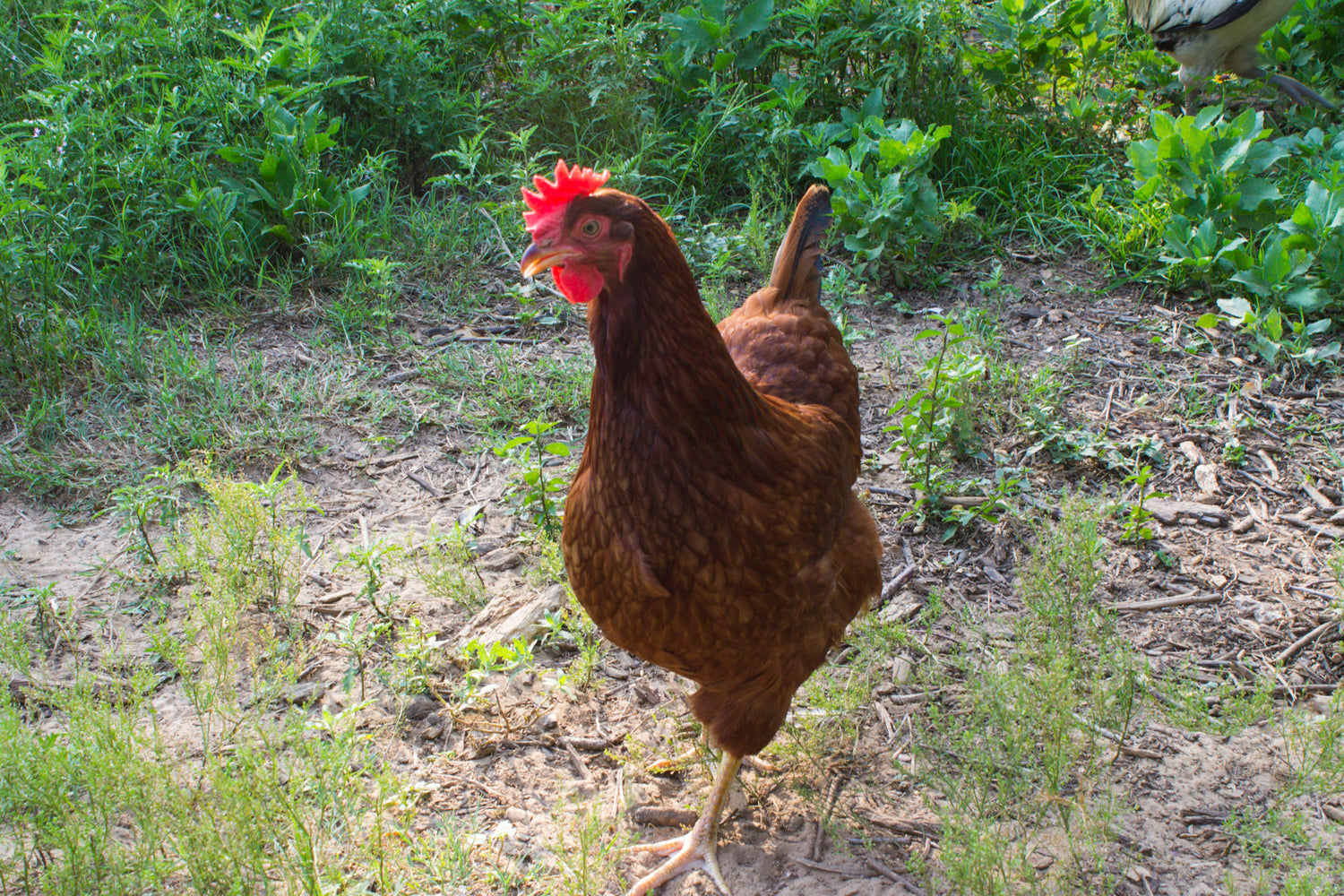
Free Range Animals
We know that what goes into an animal is what you get out so we don't keep our animals confined to breathe their own waste particles. Our animals spend their days foraging and in the open sun.
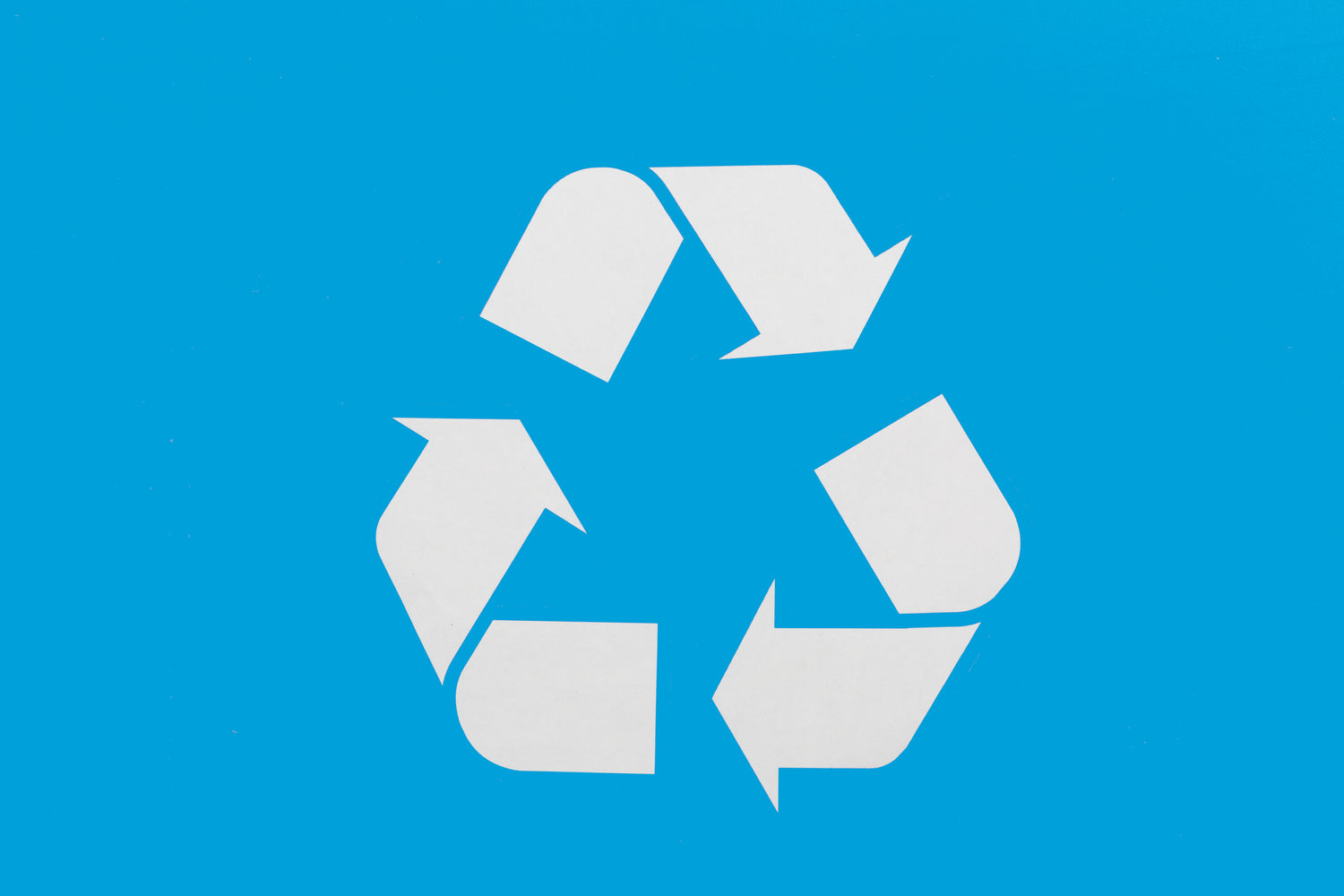
Closing Waste Streams
Using your food waste to create nutrient dense compost. Eliminates chemical fertilizers. Reduces unnecessary waste in landfills. Recycles the energy inputs already used to grow, ship, and prepare the food- that is now waste. We also accept yard clippings, leaves, and mulch.
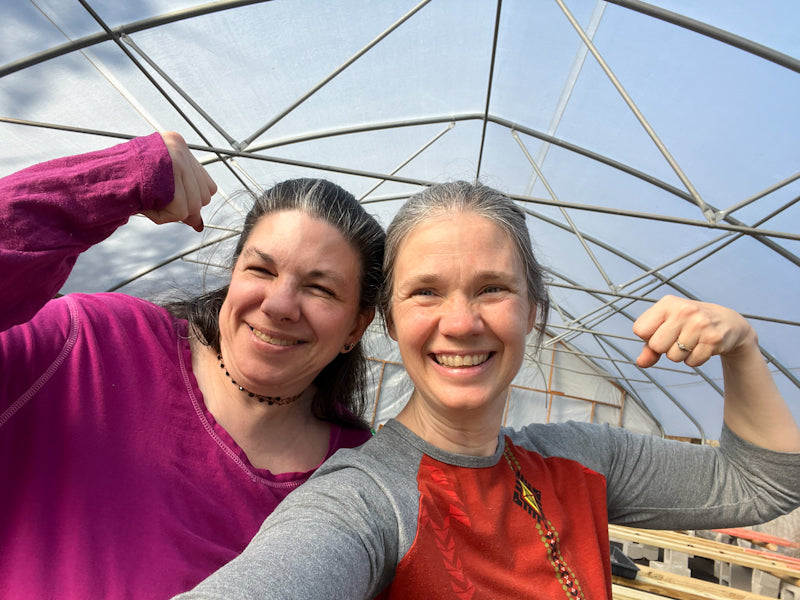
Investment in Relationships
Most of our operations rely heavily on human power. We intentionally minimize the machine power we use. We like to foster new skills in all of our employees and anyone who visits the farm.

Building Community
As we work on our farm and live in our community and invest in relationships we are building our local community. We are a group of locavores who love to work, learn, and grow. We share our family farm and hope to build a loving community around us. God willing.
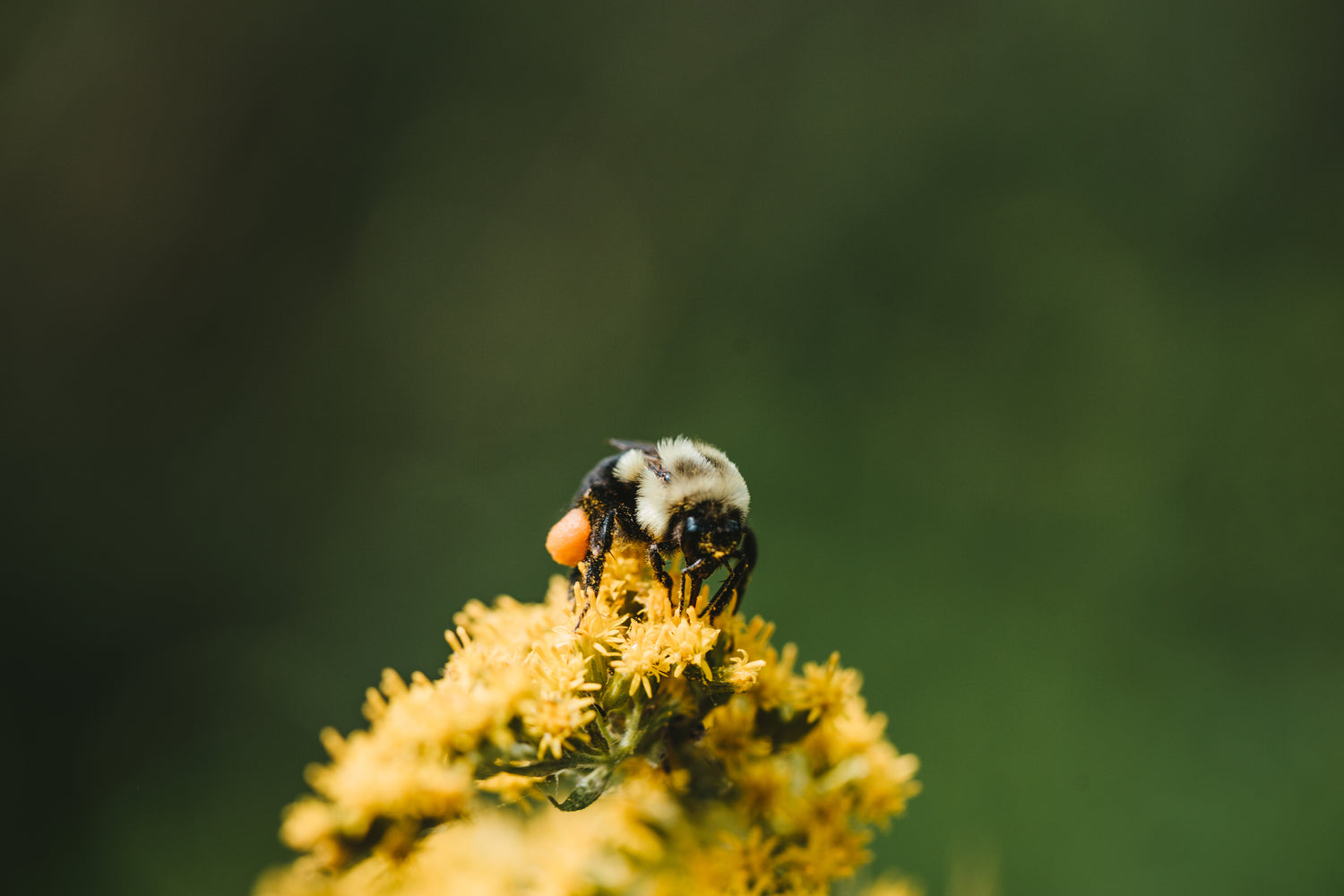
Bees
We have bees on the farm to encourage pollination. Bees provide essential ecosystem services such as soil health improvement, nutrient cycling and habitat creation.
